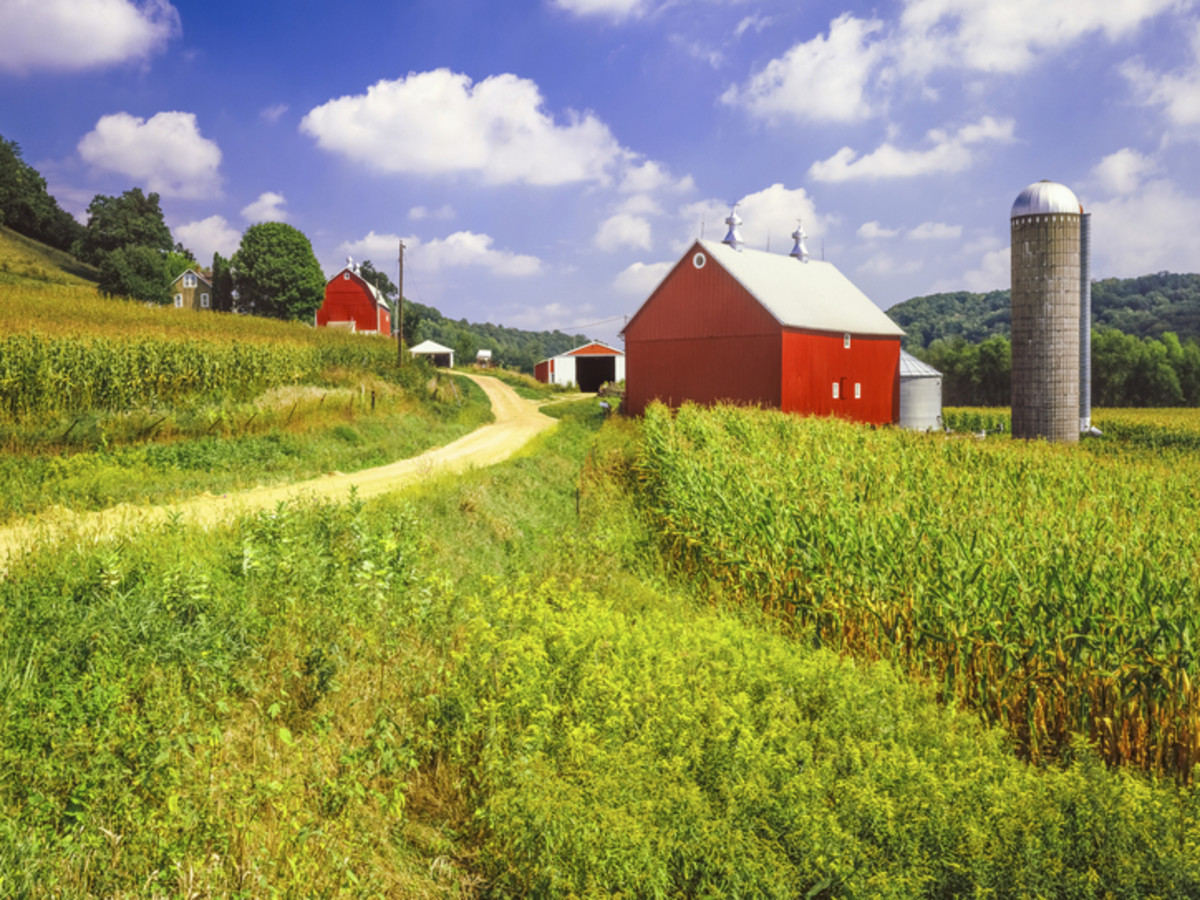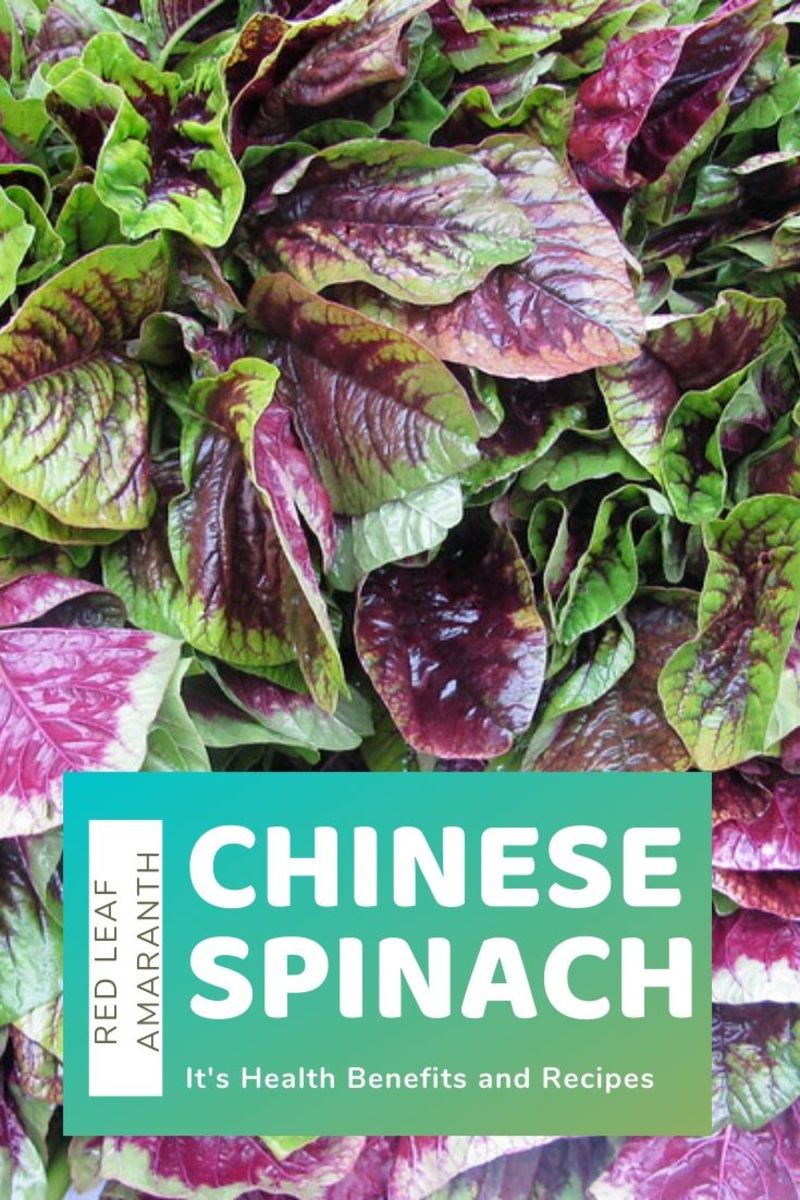How to Tell If Your Local Grocery Supports Sustainable Agriculture
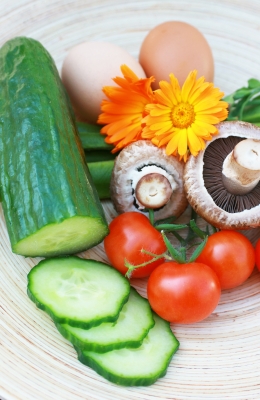
Agriculture and Sustainability
Sustainable agriculture refers to farming practices that provide for current food needs in a way that doesn't jeopardize the environment, animals, local community, the quality of food, nor the farmers who grow the food in the long run. Sustainable agriculture uses principles of ecology, which is the study of organisms' relationships with their environment.
In the United States (US), agriculture accounts for about 7% of greenhouse gas emissions, according to the US Department of Agriculture. Sustainable agriculture practices help reduce the negative impact that agriculture has on the environment by using growing practices that cause less harm to the environment.
Are you concerned about the quality of food at your grocery store? Do you want to support sustainable agriculture and be able to tell if your local grocery store supports these practices? I am happy to share simple ways you can do just that.
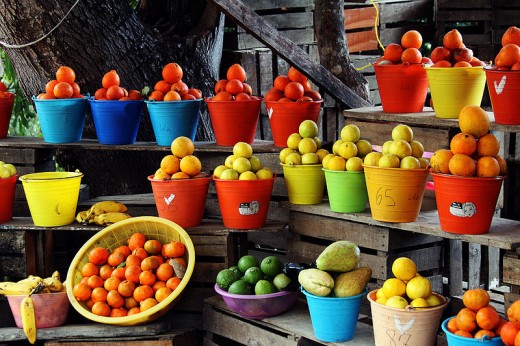
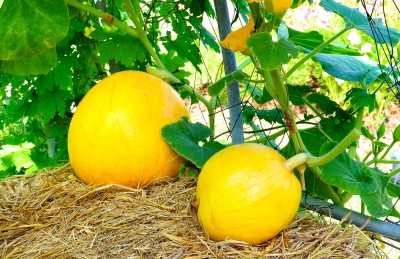
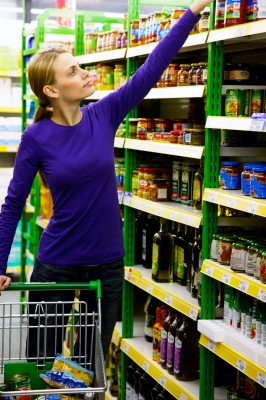
How to Find Sustainable Food
Below is a list of ways you can tell if your local grocery store supports sustainable agriculture, as well as where you can find stores that support this practice:
- Look for a Protected Harvest or a Food Alliance certification on products at your local grocery. Products that have Protected Harvest certification include: Wisconsin potatoes, fruits under the Zeal brand including peaches plums and nectarines (available May - September), and mushroom brand Modern Mushroom Farms amongst others.
- Look for organic or locally grown food in your local supermarket and if your store doesn't carry sustainably grown products, talk with the store manager and ask them to begin carrying this type of food.
- Check out the Eat Well Guide which provides an online directory of places that support sustainably produced food - all you need to do is enter your zip code and voila - the site provides a list of places for you to shop in the United States and Canada.
Where Can I Buy Organic Foods?
Grocery chains that support sustainable agriculture are:
- Whole Foods (279 stores in 38 states and Washington, D.C.)
- Harris Teeter (176 stores in the Southeast)
- Trader Joe's (300-plus stores in 23 states and Washington, D.C.)
- Hannaford (165-plus stores in the Northeast)
- Albertsons (529 stores in the West, owned by SuperValu)
- Food Lion (1,300 stores in the Southeast and Mid-Atlantic)
- Publix Super Markets (952 stores in the Southeast)
- Safeway (1,700-plus stores nationwide)
Sustainable Agriculture Certification and Organic Labels
- Protected Harvest certifies sustainably grown crops with eco-labels that are audited and verified as having true environmental and social claims
- Food Alliance certifies agriculture and food industry products that are environmentally and socially responsible
There are currently over 400 different eco-labels out there making green claims today.
How to support sustainable agriculture
- Buy food items that are locally grown, organic, or come from a family farm - plus, these foods are usually of better quality, are healthier, and taste a lot better.
- Buy seasonal items, which in turn will eliminate the environmental damage caused by shipping items from across the globe to make them available all year round.
- Shop at your local farmers market that sells locally and regionally grown food.
- Buy products that have Protected Harvest or Food Alliance certification.
- Join a community garden and if one doesn't exist in your neighborhood, start your own!
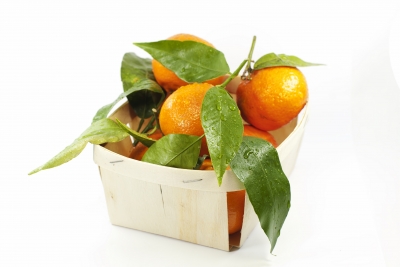
Organic, seasonal or locally-grown food
Organic, seasonal and locally-grown are examples of food which is grown in a sustainable manner. Organic food does not use chemical fertilizers or pesticides that negatively affect biodiversity. Seasonal food is food which is grown locally, according to the corresponding season. Buying in season eliminates environmental damage caused by shipping products from far away places in order to make them available during any season. Locally grown food is seasonal food grown by farmers in your community - requires less energy to ship as well as provides the customer fresh and healthy options.
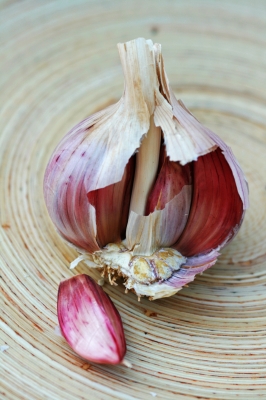
Unsustainable Food to Avoid
- Avoid anything on a Seafood Watch List - that includes seafood that is over-fished or caught in a way that harms other marine life. Examples of seafood to stay away from are: Cod, King Crab, Flounders, Halibut, Soles, Salmon, imported shrimp, red Snapper, and Tuna amongst others.
- Avoid "factory-farmed" meat by choosing grass-fed beef.
- Avoid eating Foie Gras which is fattened duck or goose liver made by force-feeding the birds until they almost explode.



